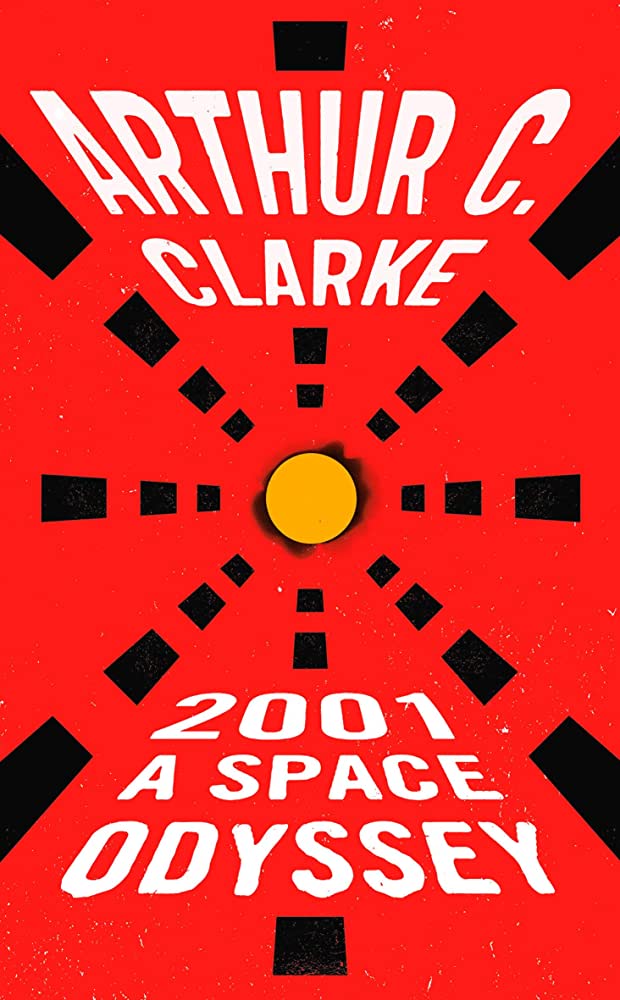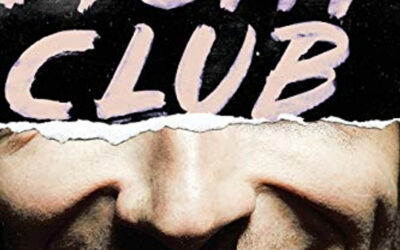What can I say about 2001: A Space Odyssey that hasn’t been said before? Arthur C. Clarke’s masterpiece of a novel has been lauded since its 1968 release. It was the subject of an equally captivating film by Stanley Kubrick, which remains one of my all-time favorite movies. I could devote an entire blog series to the praise and trivia of this uniquely engrossing saga.
So let’s take a different route. I suppose the most obvious place to start would be the appalling fact that it took me this long to actually read it. 2001 had been on my to-read pile for decades, but it never quite reached the top. This was largely because the movie was so satisfying and I already knew that Kubrick went to great pains to respect the source material. (Fun fact: the book was developed concurrently with the film.)
All this to say that I didn’t really have a need to read the book. I had to wait for the want.
That want finally came when I was reading a new book by a modern author. After several chapters, I tuned in to a growing annoyance. The story was mostly dialogue, and yet, nothing was happening. I kept waiting for characters to do something, not just prattle back and forth. That said, I do not fault the author. This chat-heavy style has been largely dictated by current tastes. Modern audiences do not tolerate long swaths of exposition, no matter how potent or engaging (read: the dreaded info dump).
Blocks of exposition aren’t bad. They just need to be earned, relevant, and well-executed. And I can think of no greater master than Arthur C. Clarke. My first experience came via Rendezvous with Rama, a story laden with exposition that is nothing short of enthralling. It remains one of the best books I have ever read, and I yearned for that delicious detail after struggling through some modern yarns.
And so, 2001: A Space Odyssey finally made it to the top of the pile.
The best way I can describe the novel is as follows. Remember that intense scene with Hal and Dave? It was largely free of dialogue in the movie. But when you have Clarke injecting a torrent of psychological weight, it reads like a heart-pounding slasher story. You forget that the action is slow and steady because you are privy to the panic infecting Dave’s mind. And that’s what I love about Clarke. He paints a vivid picture without saying “look at the picture.”
2001: A Space Odyssey is a riveting novel through and through. It offers heaps of engrossing prose between fleeting lines of dialogue. It’s resonate, impactful, and altogether spellbinding. This is why I read Arthur C. Clarke, and this book reinforces why he is widely regarded a pillar of the genre to this day.


